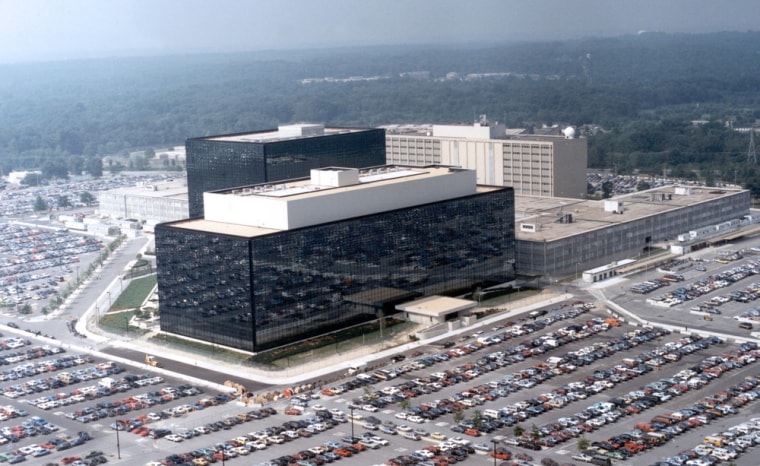The National Security Agency collected data on a secret “alert list” of thousands of phone numbers over three years without determining if there were “reasonable" grounds of a connection to terrorism, according to a secret national security court opinion released by the Obama administration Tuesday.
In a series of legal filings to the Foreign Intelligence Surveillance Court, the NSA said that the unauthorized collection was inadvertent, and happened because “there was never a complete understanding” among agency officials about how the call monitoring program was supposed to work.
The declassified documents are the latest revelations about a highly classified surveillance program created after 9/11 and continued under President Obama that was first exposed by NSA contractor Edward Snowden in June. The “business records” program collected so-called “metadata” on U.S. phone calls.
A newly declassified January 2009 opinion by FISC judge Reggie Walton sharply criticized the NSA for misusing the “alert list” to collect phone data about individuals and falsely certifying that searches were done only on numbers with a “reasonable, articulable suspicion” of ties to terrorism. He demanded to know why he should not hold U.S. intelligence officials in contempt or refer them to “appropriate investigative offices” for making misrepresentations to the court. .
“The Court is exceptionally concerned about what appears to be a flagrant violation of its Order in this matter,” wrote Walton, a judge on the U.S. District Court in the District of Columbia.
The alert list, the existence of which had not been previously disclosed, grew from 3,800 numbers in 2006 to 17,800 in 2009, according to two intelligence agency officials who briefed reporters on the disclosures during a conference call Tuesday. The numbers on the list were then used to look for matches among the millions of records being collected under the business records program, providing the basis for the NSA to collect more data on the individuals using those phone numbers.
But 90 percent of the numbers on the NSA “alert list” did not meet the court’s standards of “reasonable, articulable suspicion,” the officials said. The searches lasted for three years and were reported to the court in 2009.
The release of the court opinion is the latest in a series of disclosures showing multiple violations and other mistakes relating to NSA surveillance programs. These programs are now being reviewed by a special White House appointed panel and by Congress. But intelligence community officials stressed Tuesday that none of the disclosures involved "intentional" violations by the NSA - and all have been corrected.
"Anytime you have an enterprise that is as technologically complex as this-- and human beings-- you're not going to have perfection," said one senior U.S. intelligence official. "There is no systematic abuse that's going on."
Another official acknowledged that “we misdescribed” the program to the court, but said that it was “an honest mistake.” The official noted that the findings of the misuse of the “alert list” led to an “end-to-end review” of the entire metadata program by the NSA that found additional “compliance” problems.
The Walton opinion -- as well as other previously classified documents about NSA surveillance -- - were released in response to a Freedom of Information Act lawsuit filed by the ACLU and the Electronic Frontier Foundation.
"These revelations are shocking," said Alexander Abdo, a lawyer for the ACLU. "They show the NSA repeatedly violated court imposed limits on its surveillance authority. But they were predictable, given the NSA has been trusted to police itself."
In a statement about the release, Director of National Intelligence James Clapper said the release "reflects the Executive Branch’s continued commitment to making information about this intelligence collection program publicly available when appropriate and consistent with the national security of the United States."
More from NBC News Investigations:
